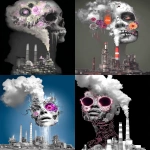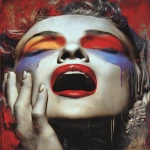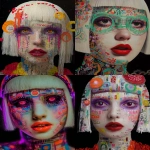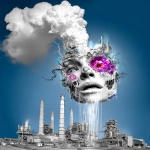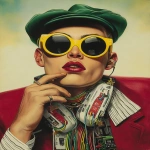Explore the Best AI Image Gallery

Pixels on Parade: How AI is Transforming Product Photography
The world of product photography is undergoing a radical transformation, driven by the powerful capabilities of artificial intelligence (AI). From automating tedious tasks to generating stunning visuals, AI is reshaping the creative landscape and ushering in a new era of efficiency and innovation.
A Creative Revolution: Unlocking AIs Potential in Product Photography
AI-powered tools are revolutionizing various aspects of product photography, empowering businesses to create compelling visuals that captivate audiences.
Automated Image Enhancement
AI algorithms excel at analyzing and enhancing images, automatically adjusting lighting, color balance, and sharpness. This not only saves time but also ensures consistent quality across a large volume of product photos. Imagine a world where every product image looks professionally polished without manual intervention.
Generative AI: Creating Visual Magic
Generative AI models like DALL-E 2 and Midjourney are pushing the boundaries of creativity by generating entirely new images from text descriptions. This opens up exciting possibilities for product photography, allowing brands to visualize products in different contexts, styles, or even dreamlike scenarios.
Personalization at Scale
AI can analyze customer data and preferences to personalize product images, tailoring visuals to specific demographics or interests. Imagine a clothing retailer showcasing outfits curated based on individual style profiles, creating a more engaging and personalized shopping experience.
Beyond the Click: The Impact on the Creative Industry
The integration of AI in product photography has profound implications for the creative industry:
Empowering Creatives
While some may fear job displacement, AI can actually empower creatives by automating mundane tasks and freeing them to focus on higher-level concepts, storytelling, and artistic vision.
Democratizing Creativity
AI tools are becoming increasingly accessible, enabling individuals with limited technical skills to create professional-quality product photography. This democratization of creativity opens up new opportunities for entrepreneurs, small businesses, and aspiring photographers.
Evolving Aesthetics
AI is pushing the boundaries of visual aesthetics, introducing novel styles, compositions, and editing techniques that challenge traditional norms. Its an exciting time to witness the evolution of creative expression in product photography.
Navigating the Ethical Landscape
As with any powerful technology, its crucial to address the ethical considerations surrounding AI in product photography:
Bias and Representation
AI algorithms are trained on massive datasets, which can perpetuate existing biases. Its essential to ensure that AI-generated images are inclusive and representative of diverse communities.
Transparency and Accountability
The decision-making processes of AI models can be opaque. Its important to strive for transparency in how AI is used in product photography and establish clear lines of accountability.
Intellectual Property
AI-generated images raise questions about copyright ownership. Legal frameworks need to adapt to address the unique challenges posed by AI-created content.
The Future of Product Photography: A Glimpse Ahead
The future of product photography is brimming with possibilities. As AI technology continues to evolve, we can expect:
Hyper-Personalization
AI will enable brands to create highly personalized product images tailored to individual customer preferences, delivering an immersive and engaging shopping experience.
Augmented Reality Integration
AI-powered AR experiences will allow customers to visualize products in their own environments, enhancing the sense of realism and interactivity.
Seamless Automation
Workflows will become increasingly automated, streamlining every aspect of product photography from image capture to editing and distribution.
The integration of AI in product photography is transforming the creative landscape, empowering businesses to produce stunning visuals that captivate audiences. As technology advances, we can expect even more innovative applications that push the boundaries of creativity and redefine the future of visual storytelling.
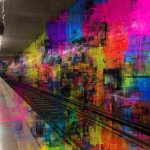
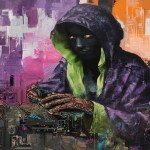
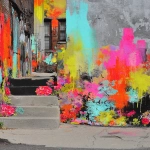
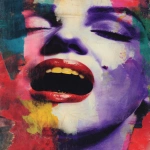

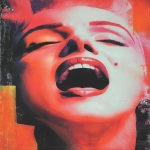
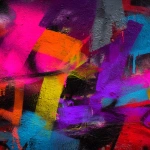
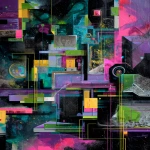
](https://images.ai-img.art/thumbnails/150/664a559b73eaff070d6f7fc7b3b151718aef9fa3a3f12f90b3c9092ceaa3cb56.webp)
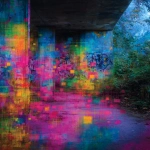


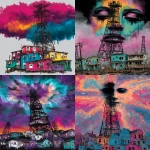
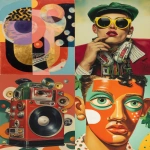
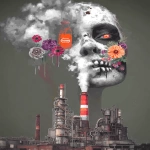
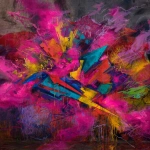
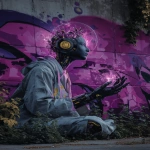
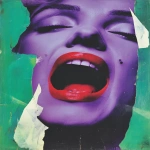

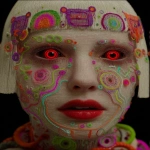
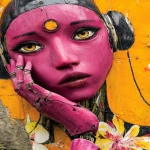
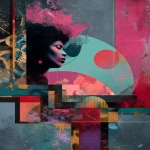
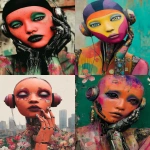

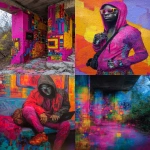
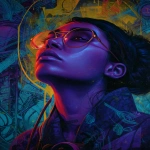
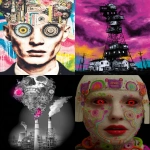
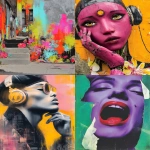

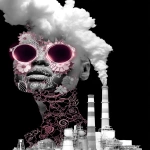
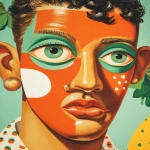
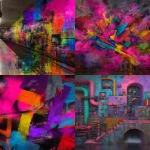
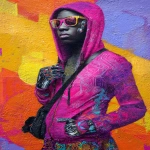
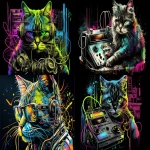
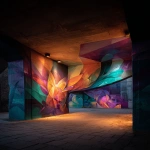
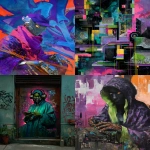
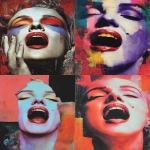
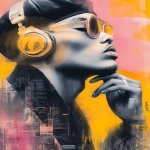
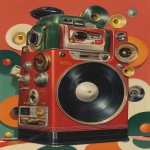
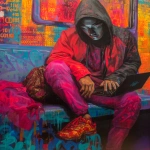
](https://images.ai-img.art/thumbnails/150/33d5e6d1da2b8ec2c4b8eab20d051c27c26d7a4991a77faf06fd03e96617fb1e.webp)
](https://images.ai-img.art/thumbnails/150/1aa8215ea9a4f6970e81a10bdb4feb3b08d5e1a202c3c7ed2c9380f2f63d5a74.webp)
